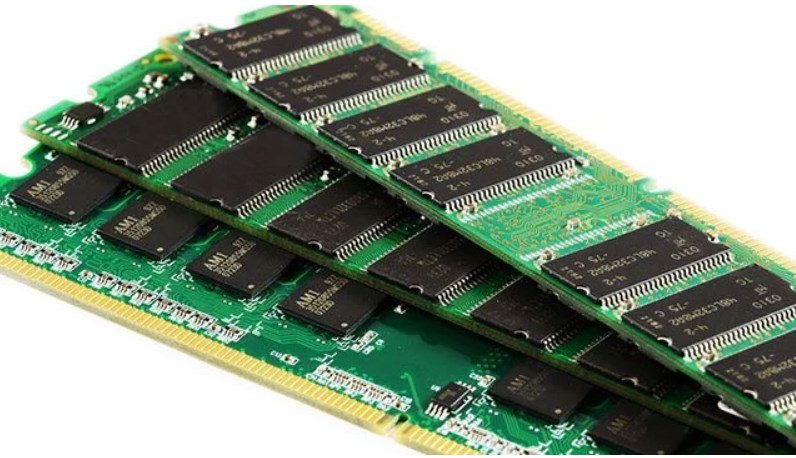OUTLINE:
Understanding Random Access Memory (RAM)
 271
271Random Access Memory (RAM) is a critical component in modern computing devices, often described as the digital brain of a computer. While it might not be as glamorous as the CPU or as long-lasting as storage drives, RAM plays a pivotal role in ensuring your computer runs smoothly and efficiently.
What is RAM?
Random Access Memory, commonly abbreviated as RAM, is a type of computer memory that stores data and instructions that the computer's central processing unit (CPU) needs to access quickly. Unlike long-term storage devices like hard drives or solid-state drives (SSDs), which retain data even when the computer is powered off, RAM is volatile memory. This means that its contents are erased when the computer shuts down or restarts. RAM's primary purpose is to provide temporary storage for data that the CPU needs to access rapidly during ongoing operations.

How Does RAM Work?
RAM operates at speeds much faster than conventional storage devices, allowing it to provide the CPU with the data it needs almost instantaneously. When you open an application or file, the operating system loads a portion of it into RAM. This data includes executable code, necessary resources, and any actively used data. As you work on your computer, the CPU constantly reads from and writes to RAM, providing the necessary data and instructions for your tasks.
One of the key features of RAM is its random access capability. This means that the CPU can access any piece of data in RAM directly and in roughly the same amount of time, regardless of its physical location within the RAM modules. This differs from storage drives where the access time varies depending on the location of the data on the drive's platters or NAND cells.
Importance of RAM
RAM plays a crucial role in determining your computer's performance. Here are some reasons why it's so important:
Speed: RAM is much faster than storage drives, which significantly improves the speed and responsiveness of your computer. The more RAM you have, the more data your CPU can access quickly, reducing loading times and allowing for smoother multitasking.
Multitasking: RAM enables you to run multiple applications simultaneously. Each application requires its own space in RAM, and if you don't have enough, your computer may slow down or become less responsive when switching between tasks.
Gaming: Gamers benefit greatly from ample RAM. Modern games are resource-intensive and require a substantial amount of RAM to run smoothly. Having more RAM can help prevent frame drops and ensure a seamless gaming experience.
Content Creation: For tasks like video editing, 3D rendering, and graphic design, RAM is essential. These applications use large files and require significant RAM to operate efficiently.
Virtualization: If you're running virtual machines on your computer, RAM is critical. Each virtual machine needs its own dedicated RAM space, and without enough RAM, your virtualization performance can suffer.

How Much RAM Do You Need?
The amount of RAM you need depends on your specific use case. For everyday tasks like web browsing, word processing, and email, 8GB to 16GB of RAM is usually sufficient. If you're a gamer or engage in content creation, 32GB or more may be necessary for optimal performance. Some professional workstations and servers can even accommodate hundreds of gigabytes of RAM.
Random Access Memory is a fundamental component of modern computing, serving as the temporary workspace where your computer stores data and instructions for quick access. Its speed, random access capability, and ability to facilitate multitasking make it an indispensable part of any computing device. When choosing or upgrading your computer, pay attention to the amount of RAM it has, as it can greatly impact your overall computing experience. Whether you're a casual user or a power user, RAM is a critical resource that ensures your digital tasks are performed swiftly and efficiently.

Disclaimer: The views and opinions expressed by individual authors or forum participants on this website do not represent the views and opinions of Chipsmall, nor do they represent Chipsmall's official policy.

share this blog to:

